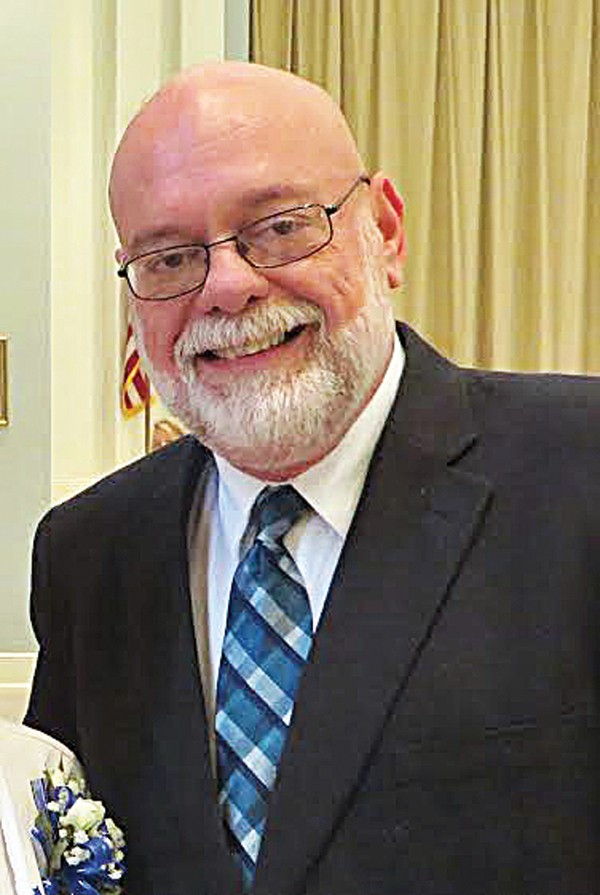Between Manassas and Danny Thomas, just a block from the restored and gilded mansions of Victorian Village, is another village of sorts. It’s the Hospitality Hub, a resource center for those experiencing homelessness in Memphis.
Outside the small office, a line of 10 or 12 men stands, waiting to meet with an outreach advisor, someone who might help them get an ID so they can access their social security checks or a veteran’s pension, someone who can maybe help them find work or shelter or food or medical attention — someone to listen.
As I approach, one of the men asks if I have any work for him. He’s a small, personable fellow, who seems sincere. We chat for a minute. I say I don’t have any work but I might someday, and I start to turn away.
“Well, how you gonna know who I am?” he asks, reasonably enough. He pulls out a photo ID and proudly shows it to me. “Elliot Allen is my name,” he says. “Can you remember it?”
“Yes, I can. I’m gonna record it.” I speak his name into my phone. “Elliot Allen.”
“That’s pretty slick,” he says. “Nice talking to you.”
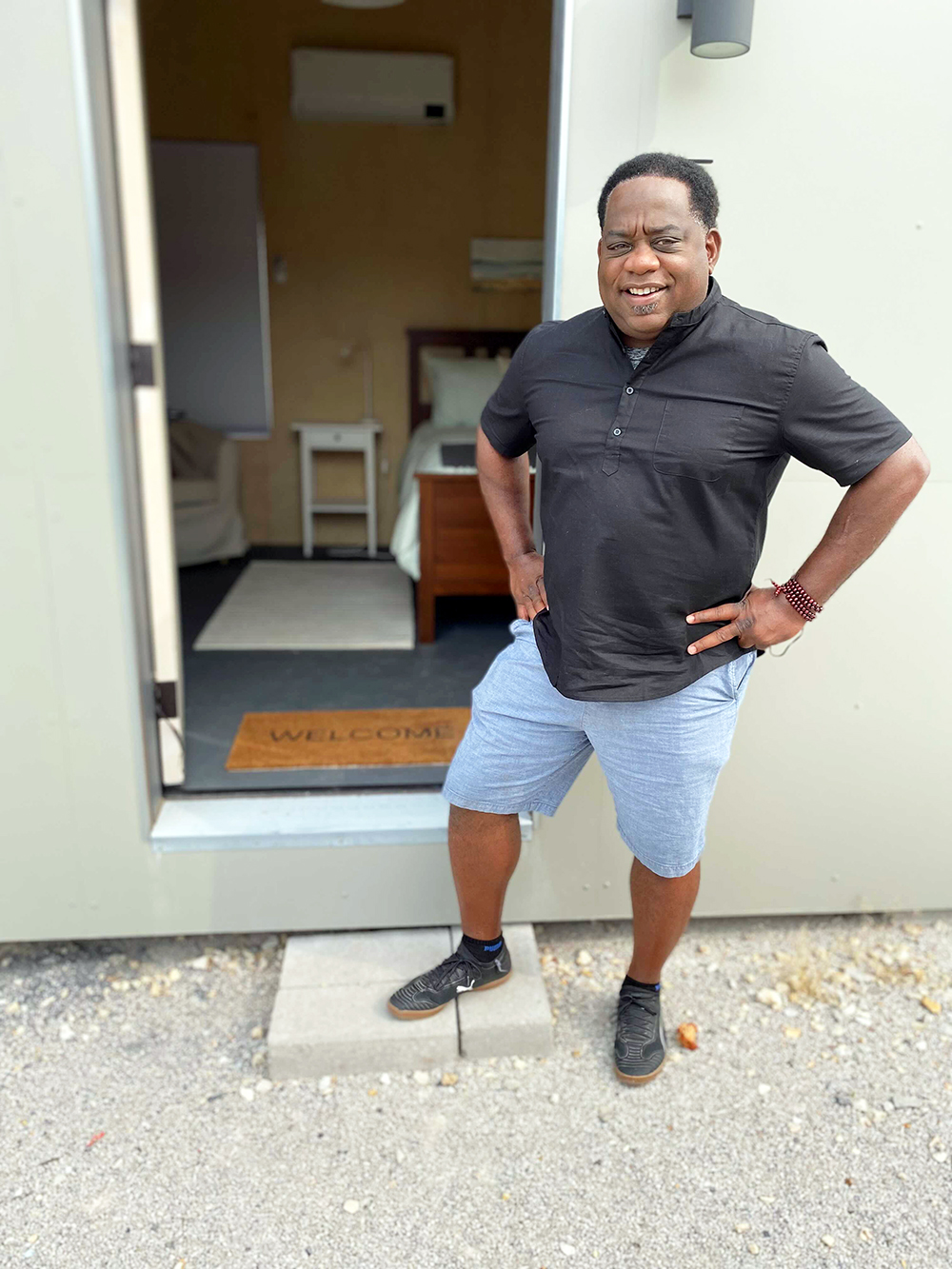
Hub Director Kelcey Johnson shows me around the place. We walk over to take a look at five mini-homes. “We finished these in early July,” Johnson says, opening the door to one unit. “Four are occupied and we have a possible client for this one.”
The interior is clean and simple and smells of wood. There is a bed, a chair, a picture on the wall, a heater, a small AC unit.
“These are all hardwood inside,” Johnson says. “Walls and floor. Each resident gets a new robe, slippers, sheets. As people are starting this new life journey away from homelessness, we don’t want to put anything old in here.”
I ask Johnson who gets to move into these units.
“The people living here are those who have been chronically homeless, long-time people we’ve known. Their mental and emotional conditions don’t allow them to stay in a shelter. Here, they have their own space, safe from the crowding, safe from the virus. They have a key to their unit and a key to the bathrooms. There is a sense of community in that they are separate but at the same time are together. The case managers are right here for them.”
The Hub provides, as Johnson says, “all the services you need to exit homelessness.” That includes helping clients get a state ID or birth certificate. “It’s something that brings you back into citizenship,” he says. “We do all the navigation with state and federal agencies. We’re also creating income for people through our Warm Welcome program. Every day, up to 22 people go out to work for three or four hours. They get $50 and lunch. It’s great for them and great for the city because it’s a big step in exiting homelessness.”
Johnson says the hardest people to get out of homelessness are those who have aged out of foster care. “These people have nothing, no support, no family to help them. We’re working with a woman now who fled her foster care at 14 and has been on her own ever since. She’s basically homeless because she’s never known how to find an apartment or sign a lease or do applications or get a birth certificate or social security card. She needs someone to guide her through these basic processes.”
This week, the Hub celebrated the start of construction on its new 32-bed women’s shelter. The organization also hopes to increase the number of its mini-units. “If this gets scaled up, it could be a national model,” says Johnson.
There is good work being done here, and it’s palpable.
As I leave, I spot my friend. “See ya, Elliot,” I say.
“There you go,” he says. “You got my name.”
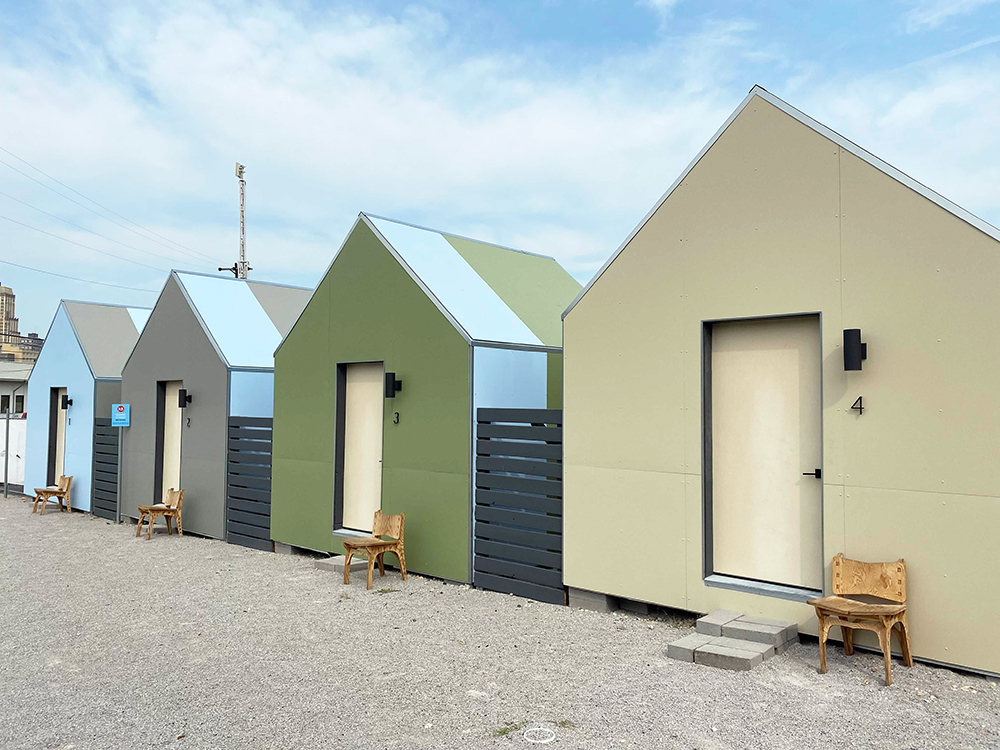
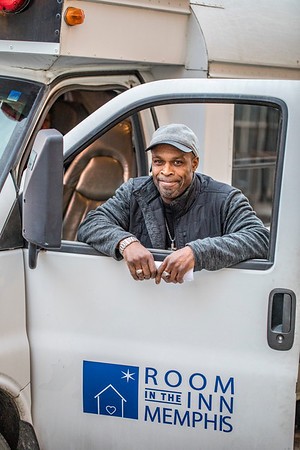 Justin Fox Burks
Justin Fox Burks 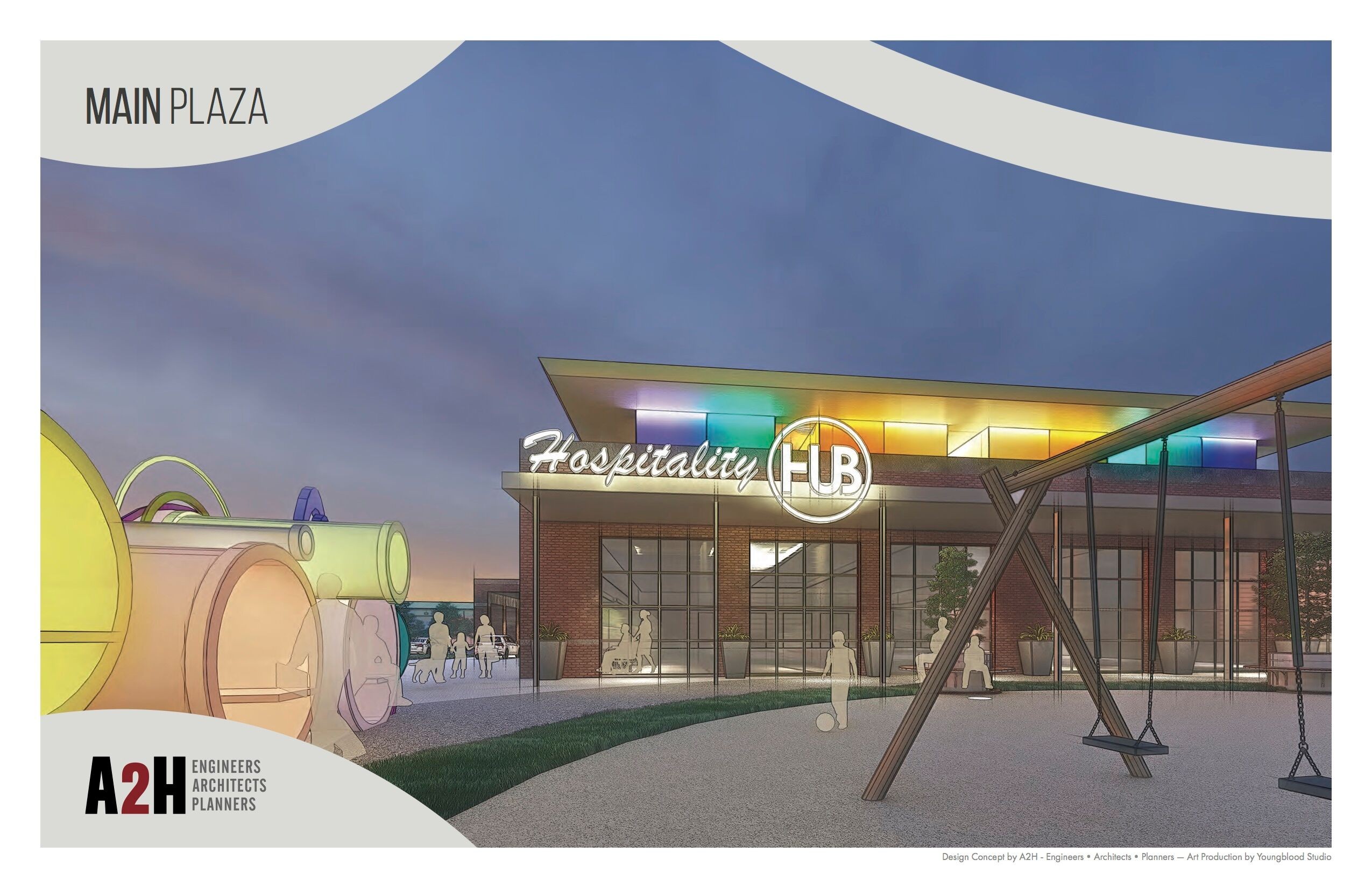 Full Build
Full Build 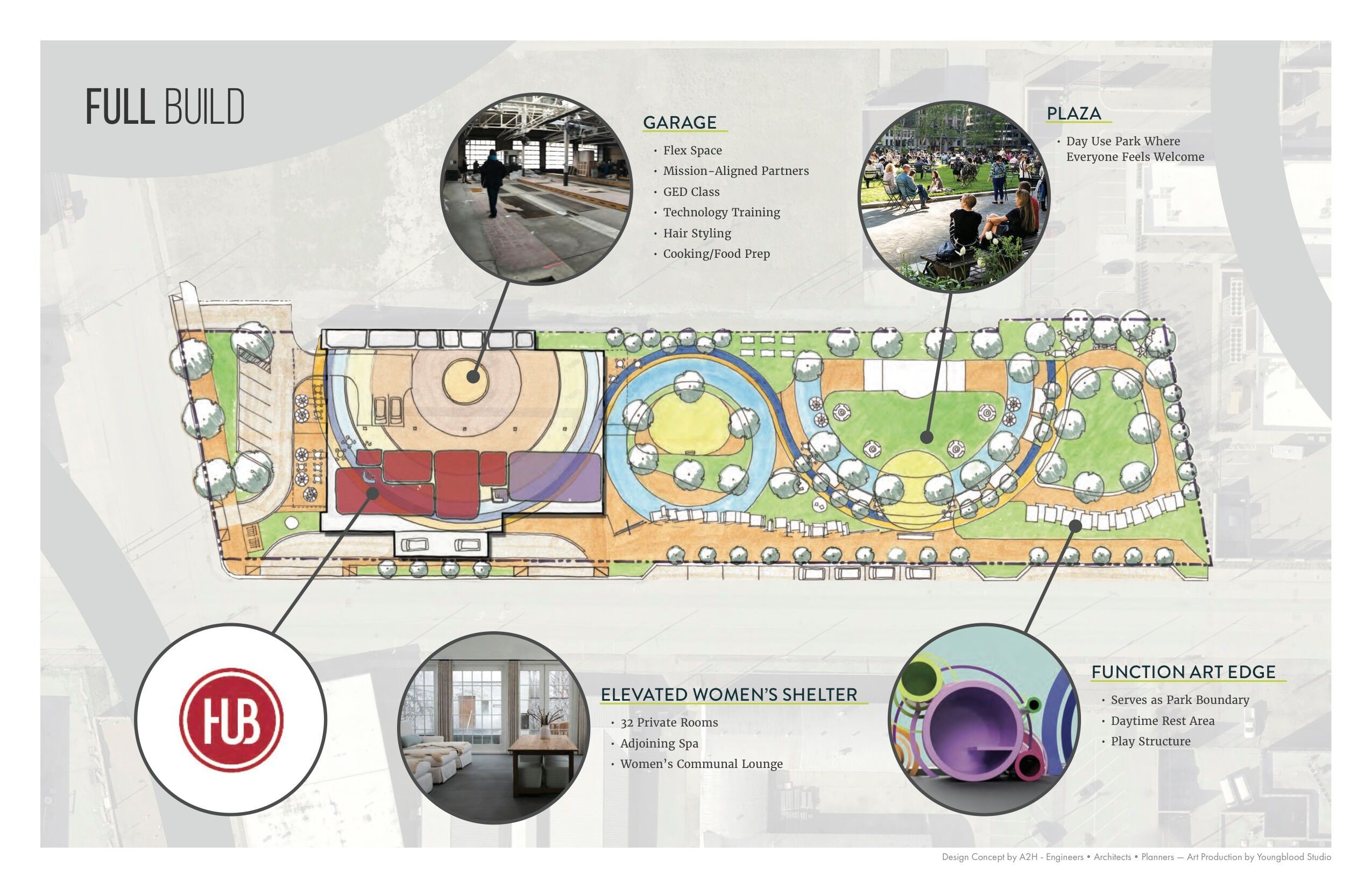 Full Build
Full Build 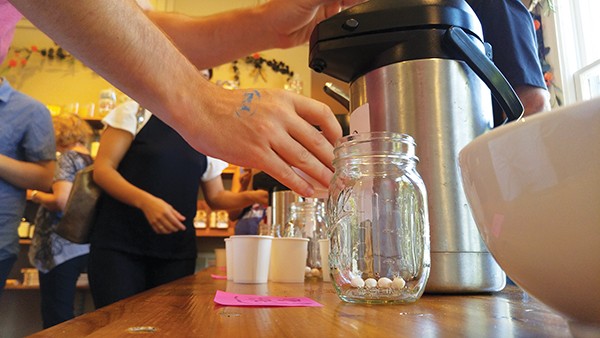 Alexandra Pusateri
Alexandra Pusateri 